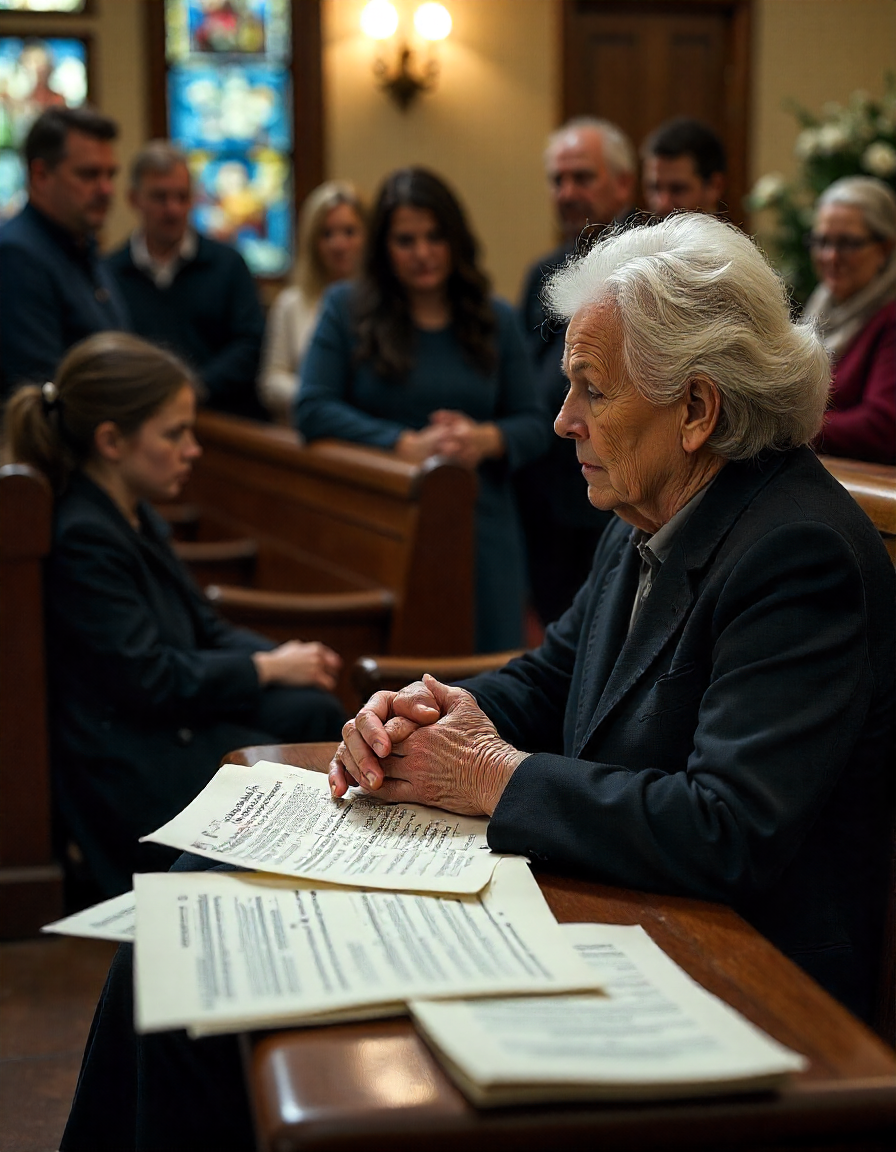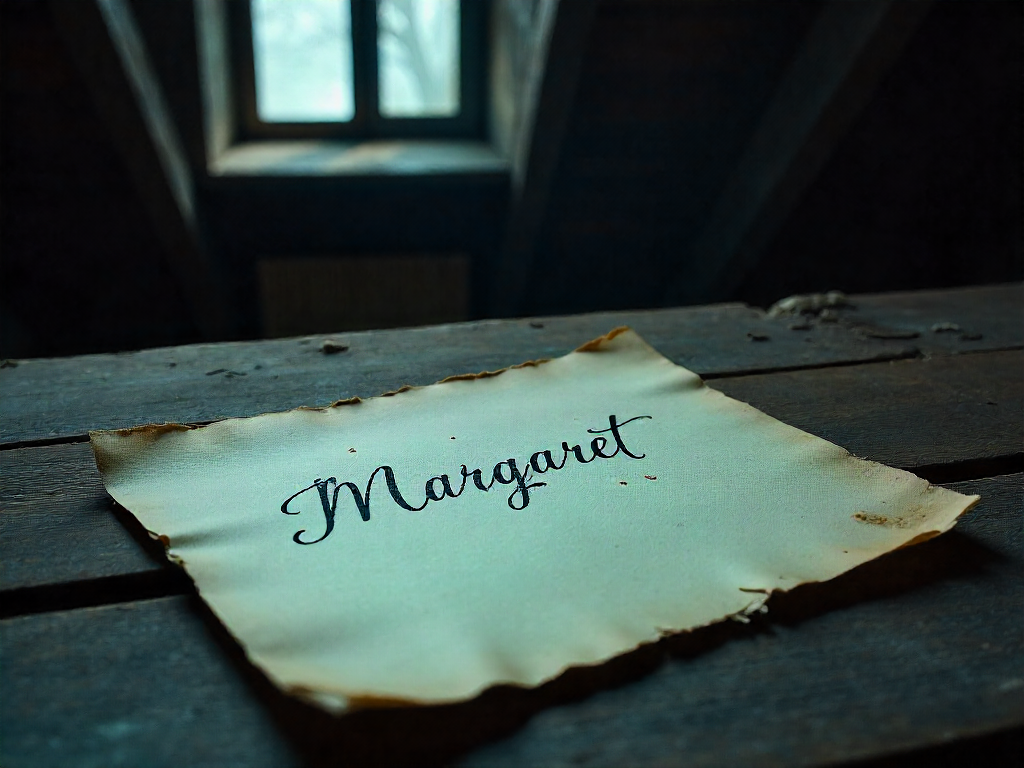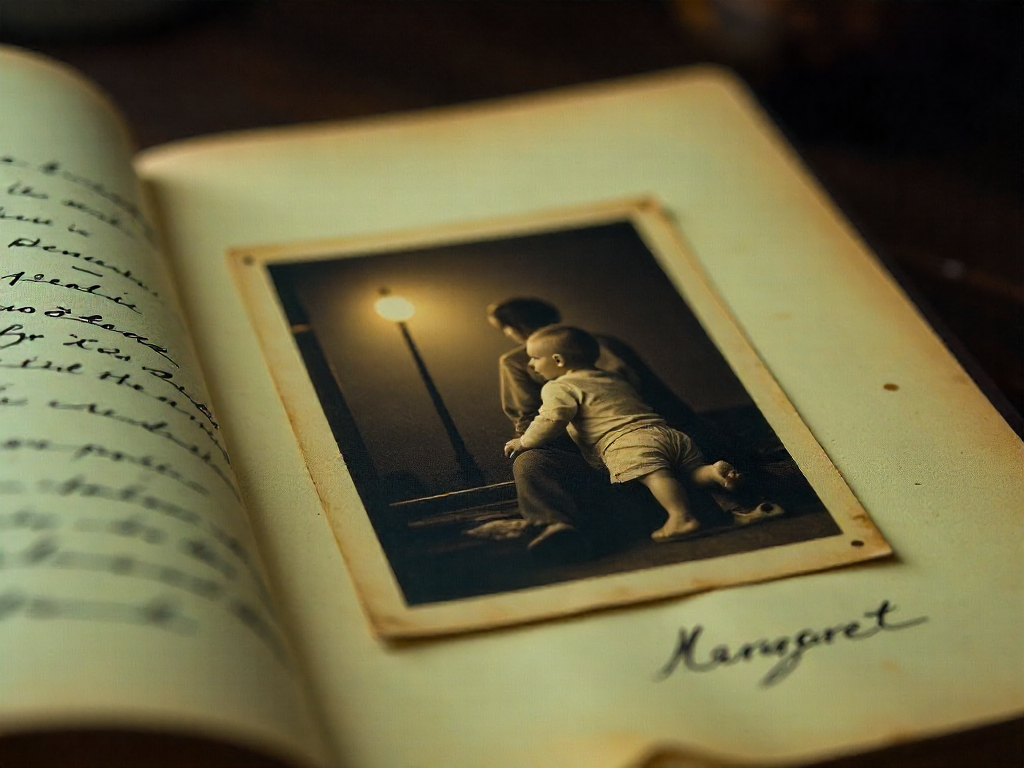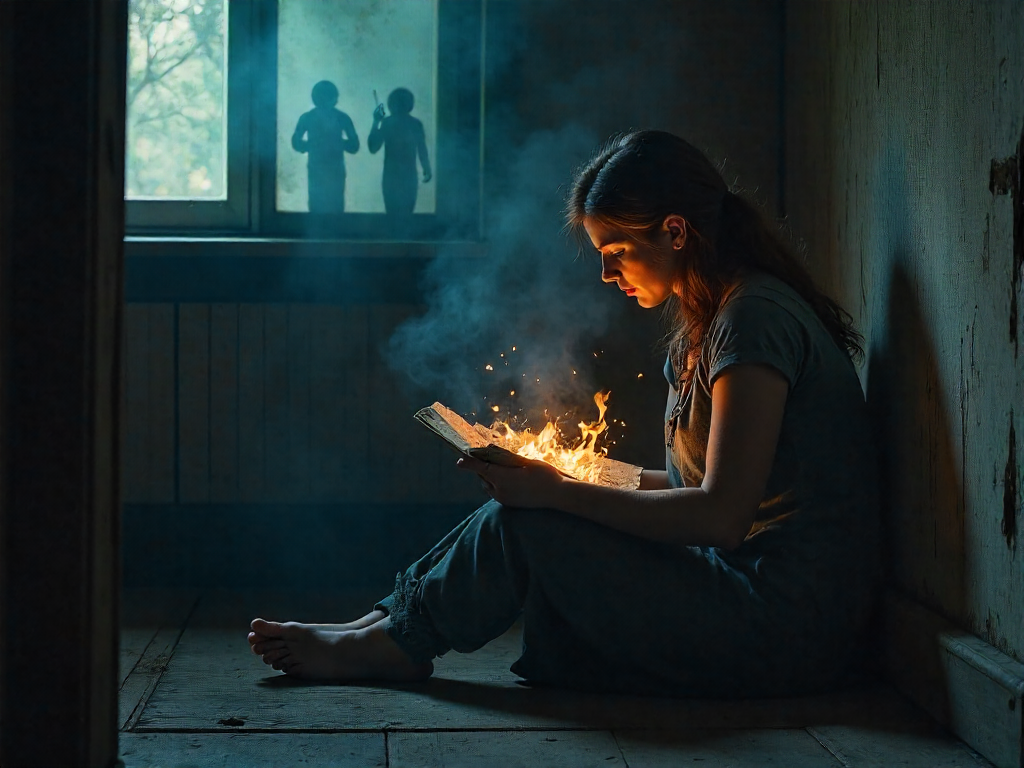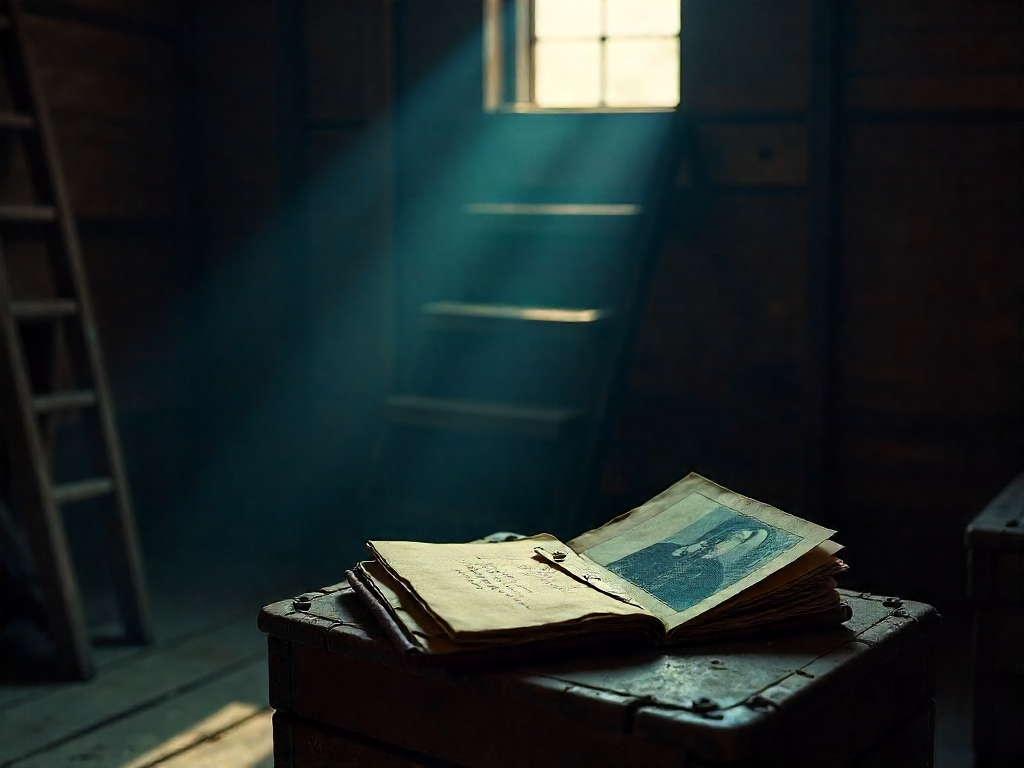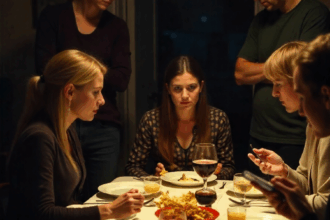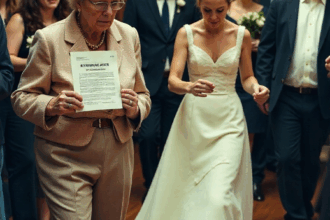I unfolded the letter. The handwriting belonged to a woman I had never met. “If you are reading this, at last,” it began, and a cold pressed against my ribs. She named herself as Margaret and spoke of a bed in a cold hospital wing, of mistakes made and debts of love repaid in secrecy. She said I had been promised to a couple who wanted a child, that my mother—my mother—had agreed to take another baby into her arms so I would not be orphaned. I read the line about trades and bargains twice and felt the attic spin.
There was a photograph tucked between pages: me, a toddler, sitting on a man’s lap. He looked like my father only younger, softer as if time had rounded his edges. A hand scribble on the back said “For when she is ready.” The letters kept unspooling a private history—late-night visits, a woman who watched me from the street, a promise to tell me when it was safe. Margaret had written for twenty years, careful, patient, full of regret.
My sister’s message—Burn it now—made horrible sense. If these papers destroyed the lives of children raised in this house, she believed silence was mercy. I sat on the dusty floor and imagined every birthday cake, every scolding, every comfort wrapped in a secret I had never suspected.
Dad’s last breath had led me here; his “attic” like a hand pointing to the truth. The note she had tucked into my palm at the chapel fit in my head like a missing sentence. I folded the first letter back into the stack and slid the photograph into my wallet. I could confront her and shove the papers across the table, or bury them and keep the peace. I rose and climbed the ladder.

